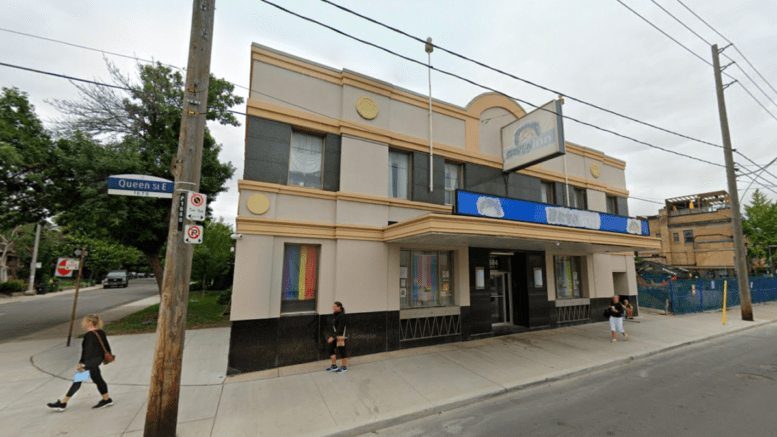Toronto city council approved the decommissioning of five temporary COVID-19 homeless shelters in Toronto by end of the year, while extending the lease on the remaining sites.
Council is recommending a 24-month work plan for the temporary shelters, saying it will focus on a housing service model to decrease homelessness and provide support services.
“Currently, there are 27 temporary shelter sites,” said a spokesperson from the city’s Shelter, Support and Housing Administration. “A sudden reversal of these spaces is not recommended as it would cause significant disruption to the vital services delivered through the sites and to those who rely on them.”
The 27 temporary homeless shelters currently account for 40 per cent of shelter spaces, which serve about 3,200 people each night.
More than 15,000 people have used these shelters in the past two years, the city said.
Two sites set to be decommissioned by spring have been identified as The Better Living Centre on Princes’ Boulevard and the former Days Inn hotel on Queen Street East. This means the removal of 231 beds from the shelter system.
Three more temporary shelters are set to be decommissioned by the end of 2022, according to council.
The report by the city says the closure is based on factors such as availability of sites as determined by talks with property owners, the current state of good repair, cost and locations.
“The biggest need is for supportive housing,” said Patricia Mueller, an executive member of the Toronto Alliance to End Homelessness. “We need to develop and grow deeply affordable supportive housing whether its modular, or whether we look at existing supportive housing.”
The first phase of the transition work plan set by the council includes six components:
- Engagement process and learning from other cities
- Extending temporary shelter locations and services to support these programs
- Decommissioning up to five sites in 2022, with a focus on housing and offsetting shelter capacity
- Restoring temporary sites as they are decommissioned
- Creation of a dedicated refugee shelter sector to free up existing shelter capacity
- Develop decommissioning plan for more sites in 2023, based on learning from the first phase and monitoring of key indicators
Not all observers are optimistic about the city achieving its goals.
“We know that realistically it’s not possible,” said Cathy Crowe, a long time street nurse and an advisor at Shelter & Housing Justice Network. “We predict that people are going back to establishing encampments. The city is not doing enough to purchase or expropriate existing building to be converted into housing,”
City staff say they will create more than 3,300 new affordable housing opportunities as part of the 24-month plan.

